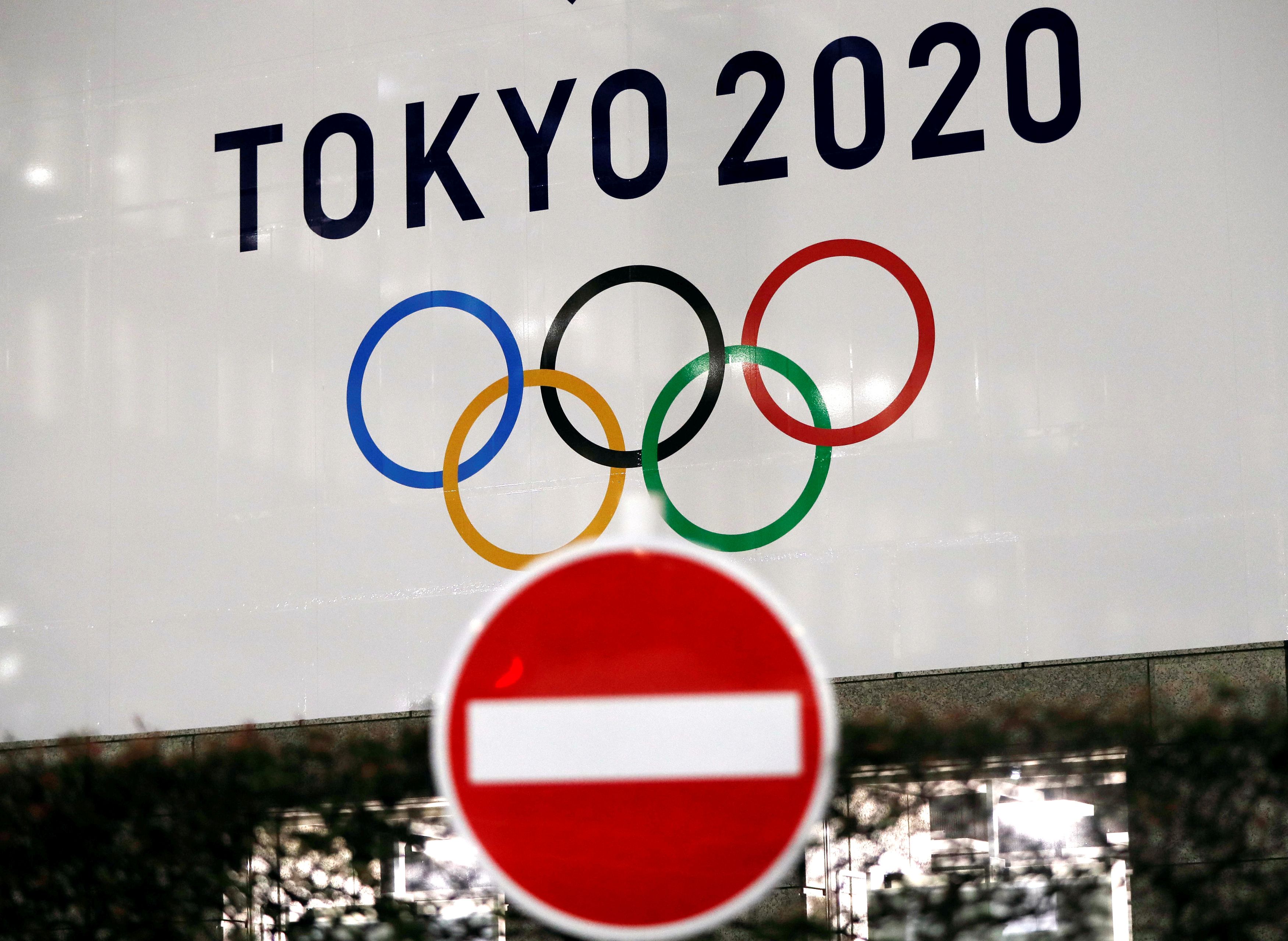

Japan announced a new virus state of emergency in Tokyo and three other regions on Friday, as the country battles surging infections just three months before the Olympic opening ceremony.
The nation’s virus outbreak remains much smaller than in many countries, but a recent uptick in cases has officials and medical professionals worried, even as the government and Olympic organisers insist this summer’s Games will go ahead.
“Today we decided to declare a state of emergency in Tokyo, Kyoto, Osaka and Hyogo prefectures,” Prime Minister Yoshihide Suga announced, citing the rise of infections involving new virus variants. The measure will run from April 25 to May 11.
The country’s minister for virus response Yasutoshi Nishimura earlier warned of a “strong sense of crisis,” saying current restrictions were not sufficient.
The measures will be tougher than Japan’s last state of emergency, imposed in parts of the country from January, but still far short of the harsh lockdowns seen in some parts of the world.
Authorities want bars and restaurants to stop selling alcohol or close, and to shutter major commercial facilities like malls.
The measure will coincide with the Golden Week holiday that is Japan’s busiest travel period of the year, and could involve cutting some train and bus services to discourage movement.
Spectators will also be barred from sports events, which can continue behind closed doors, and remote working will be encouraged.
Although the measures start from Sunday, Tokyo governor Yuriko Koike urged residents to start taking precautions immediately, including avoiding drinking in the street after bars and restaurants close early.
She even urged businesses to turn their lights off in the evenings to encourage people to stay away.
“After 8:00pm, we ask that bright signage on streets, neon signs and illumination be turned off,” she said.
“It will be dark at night, with only street lights on,” she added, to “curb the flow of people.”
Japan has had some success containing the coronavirus, with fewer than 10,000 deaths despite never imposing strict lockdown measures.
But cases surged over winter and have rebounded since the previous state of emergency was lifted in March.
Tokyo on Friday logged 759 cases, while Osaka recorded 1,162 new infections, slightly down on record numbers earlier in the week.
Authorities in Osaka have said health facilities there are already overwhelmed and beds for seriously ill patients are running short.
Officials insist the situation will not affect preparations for the Games, with Tokyo 2020 chief Seiko Hashimoto telling reporters Friday: “we’re not thinking about cancellation.”
“We’re thinking about how we can prepare in a way that prioritises safety and makes people feel it can be held safely, and makes them want it to be held.”
But the spike in infections is already disrupting everything from the Olympic torch relay -- which has been forced off public roads in several regions -- to test events and qualifiers.
Australia’s diving team on Friday withdrew from the Diving World Cup scheduled for May 1-6 in Tokyo, saying it was “not safe” to travel to Japan.
Japan’s vaccine programme is moving slowly meanwhile, with just over 1.5 million people given a first shot and only around 827,000 fully vaccinated.
Japan’s public remains opposed to holding the Games this year, favouring a further delay or outright cancellation.
“I’m for (the Olympics) in the sense that we need to keep the economy going,” 48-year-old Koji Yokoi told AFP in Tokyo.
“But when I see elderly people hospitalised on TV I say to myself, ‘This is not possible.” AFP
e
Oman Observer is now on the WhatsApp channel. Click here



